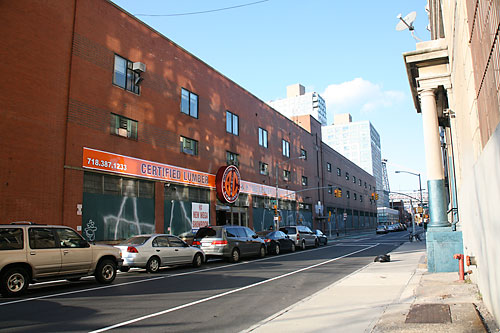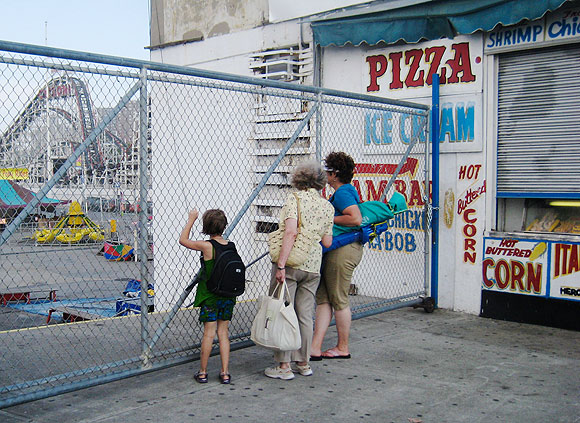In my first three columns, I’ve focused on what the state and the federal government can do for our city. This week I’ll ask not what can be done for the city but what the city can do for itself? While not limited to it, the answers primarily reside in the 14 articles that comprise the New York City zoning resolution. The zoning resolution is 104 years old, having come into being in 1916, making it the first citywide zoning code in the United States.
When done correctly, zoning can cultivate uses with community and citywide benefits, alleviate concerns, and help solve issues such as our current housing crisis. Despite anecdotal accounts of people in the city seeing more moving trucks or neighbors speeding up their already planned moves, the city’s flight — especially the outer boroughs’ — has not correlated with a commensurate drop in rent. While we haven’t seen a significant reduction in rent, we’ve seen a massive spike in unemployment.
Due to that unemployment spike, as record numbers of New Yorkers can’t make their rent, the city is now less affordable for millions than before an exodus of the prosperous. So what am I recommending? I’ll get into other zoning recommendations in the future, such as expanding Industrial Business Zones, but I’ll stick with some housing policy for today.
As Brooklyn Community Board 6 urged, our city government should take strong measures to generate affordable housing. As CB6 (my day job) highlighted in a resolution last week, measures such as allowing homeowners to create so-called Accessory Dwelling Units — small, affordable apartments in converted garages, backyards, and inside private homes — within the existing context of communities should be permitted.
The city could also expand and should renew funding for The Basement Apartment Conversions Pilot Program. It should amend zoning and building codes to promote the legalization of thousands of existing apartments while making them safer for renters. Additionally, laws that currently ban such apartments within single-family zoned areas should be rescinded.
On the single-family zoning front, you may have heard President Donald Trump mention it as an argument for his re-election. On Twitter and in speeches, he’s been race-baiting — a.k.a. being his usual racist self — claiming that measures to change single-family zoning, and reduce segregation, would bring “who knows into your communities.”
Well, what I know is that part of what makes the city so great is its diversity, and the more we get to know each other by living together, the better. As a rule of thumb, I don’t think we, as a city, should be lining up with Team Trump on anything — especially not on housing policy.
Mike Racioppo is the District Manager of Brooklyn’s Community Board 6 and has been an adjunct professor at Brooklyn College. Follow him on Twitter @RacioppoMike.






















